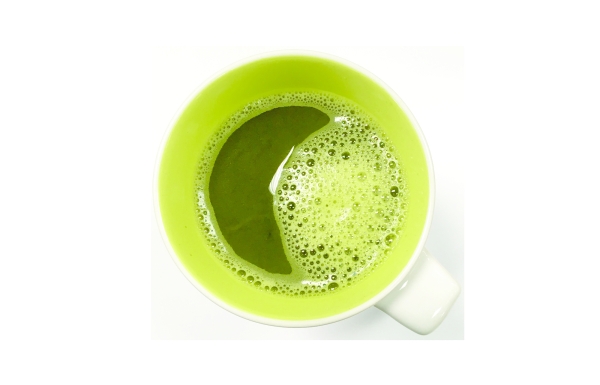MATCHA CRAZE SWEEPS OMAN AND BEYOND
Once reserved for Japanese monks and ceremonial rituals, matcha — the finely ground green tea powder — has become a global lifestyle phenomenon. From Kyoto’s traditional tea houses to cafés in Muscat and Dubai, the vibrant green drink now symbolises both wellness and modern living.
Unlike regular green tea, where leaves are steeped and discarded, matcha is made by grinding shade-grown tea leaves into a fine powder, allowing consumers to ingest the entire leaf and maximise its nutrients. This centuries-old practice, rooted in Japan’s 12th-century Buddhist traditions, is now appealing to a new generation worldwide.
Matcha is rich in antioxidants, linked to immunity and cell protection
Health experts note that matcha combines caffeine with L-theanine, creating steady energy without the jitters of coffee. It is also rich in antioxidants, linked to immunity and cell protection, and is believed to aid metabolism and focus — making it popular among young professionals and students in Oman and across the Gulf.
“Coffee made me anxious during study sessions. With matcha, I feel alert but calm. It’s become part of my daily routine,” said Ahmed al Amri, a 25-year-old engineering student.
The trend has also sparked local innovation.
Small businesses in the Gulf are experimenting with matcha-infused desserts and snacks, tapping into a growing wellness-driven market. But experts caution that premium matcha is costly, its taste can be acquired, and overconsumption may trigger caffeine-related side effects.
For many, however, matcha has transcended being just a drink.
It is a lifestyle marker — bridging centuries-old Japanese tradition with today’s global health and wellness movement.
Matcha represents a lifestyle choice — one that blends wellness, culture and a touch of trend.
Source link
Share this article:












